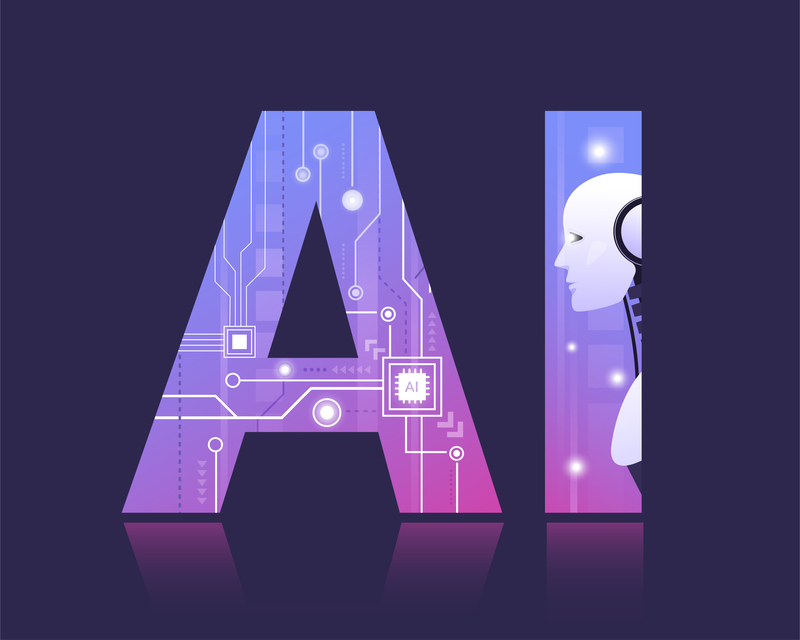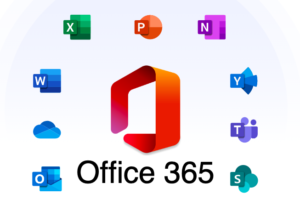Introduction
Artificial Intelligence (AI) has rapidly advanced in recent years, enabling machines to perform complex tasks and generate content that closely resembles human intelligence. However, this progress has also given rise to a new phenomenon known as AI-generated secret invasion. This article explores the concept of AI-generated secret invasion, its ethical implications, its impact on society, and the security challenges it presents.
Understanding AI-Generated Secret Invasion
AI-generated secret invasion refers to the use of AI algorithms to create content that imitates human behavior, making it difficult to discern between what is real and what is artificially generated. This technology encompasses a wide range of applications, including text generation, image synthesis, voice replication, and even video production. The goal is to create content that is indistinguishable from content created by humans.
Ethical Implications of AI-Generated Secret Invasion
- Misinformation and Manipulation: The ability of AI-generated content to imitate human behavior raises concerns about the spread of misinformation and manipulation. Malicious actors can exploit this technology to create and disseminate false narratives, leading to social, political, or economic harm. This poses a significant threat to the integrity of information and public trust.
- Privacy and Consent: AI-generated secret invasion often involves the use of personal data and information. The generation of personalized content without explicit consent raises ethical concerns regarding privacy and the unauthorized use of personal information. Users should have control over how their data is utilized and have the right to be informed about the generation and dissemination of AI-generated content.
- Authenticity and Trust: AI-generated secret invasion challenges the authenticity and trustworthiness of the content. It becomes increasingly difficult to discern whether a piece of content is genuine or artificially generated, undermining trust in digital media and compromising the credibility of sources. This can lead to a loss of public trust in institutions and increased skepticism toward information sources.
- Intellectual Property: AI-generated content blurs the lines between original creative works and those generated by algorithms. Determining ownership and protecting intellectual property rights in a world where AI systems can produce indistinguishable content becomes a complex challenge. It raises questions about copyright infringement, attribution, and fair use of AI-generated works.
- Bias and Discrimination: AI algorithms are trained on large datasets, which can inadvertently perpetuate biases present in the data. If AI-generated content reflects these biases, it can contribute to the spread of discriminatory or harmful narratives. It is crucial to address bias and ensure fairness in AI systems to prevent further amplification of societal inequalities.
Social Implications of AI-Generated Secret Invasion
- Trust in Media and Information: AI-generated secret invasion can erode trust in media and information sources. The prevalence of artificially generated content makes it difficult for individuals to differentiate between authentic and manipulated information. This can lead to skepticism, confusion, and a loss of faith in traditional media channels.
- Disruption of Online Communities: The spread of AI-generated content can disrupt online communities and social networks. Fake profiles, generated by algorithms, can infiltrate social platforms, spreading misinformation, and causing social discord. This can lead to the polarization of communities and the breakdown of civil discourse.
- Influence on Public Opinion: AI-generated content has the potential to influence public opinion and shape narratives. Malicious actors can exploit this technology to manipulate public sentiment, steer political discourse, and even interfere with democratic processes. The consequences can be far-reaching, affecting the outcomes of elections and public policy decisions.
Addressing the Challenges
To mitigate the ethical and security concerns associated with AI-generated secret invasion, several measures can be taken:
- Transparency and Disclosure: Platforms and organizations should be transparent about the use of AI-generated content and disclose when content is not created by humans. Clear labeling and disclosure mechanisms help users make informed decisions about the authenticity and trustworthiness of the content they consume.
- Robust Verification and Detection: Developing robust methods for detecting AI-generated content is crucial. Researchers and organizations should invest in developing advanced techniques, including AI-powered detection systems, to identify and flag content that is likely to be generated by algorithms.
- User Education and Awareness: Educating users about the existence of AI-generated content and providing guidance on how to verify information can empower individuals to make more informed judgments. Promoting media literacy and critical thinking skills is essential in combating the spread of misinformation.





